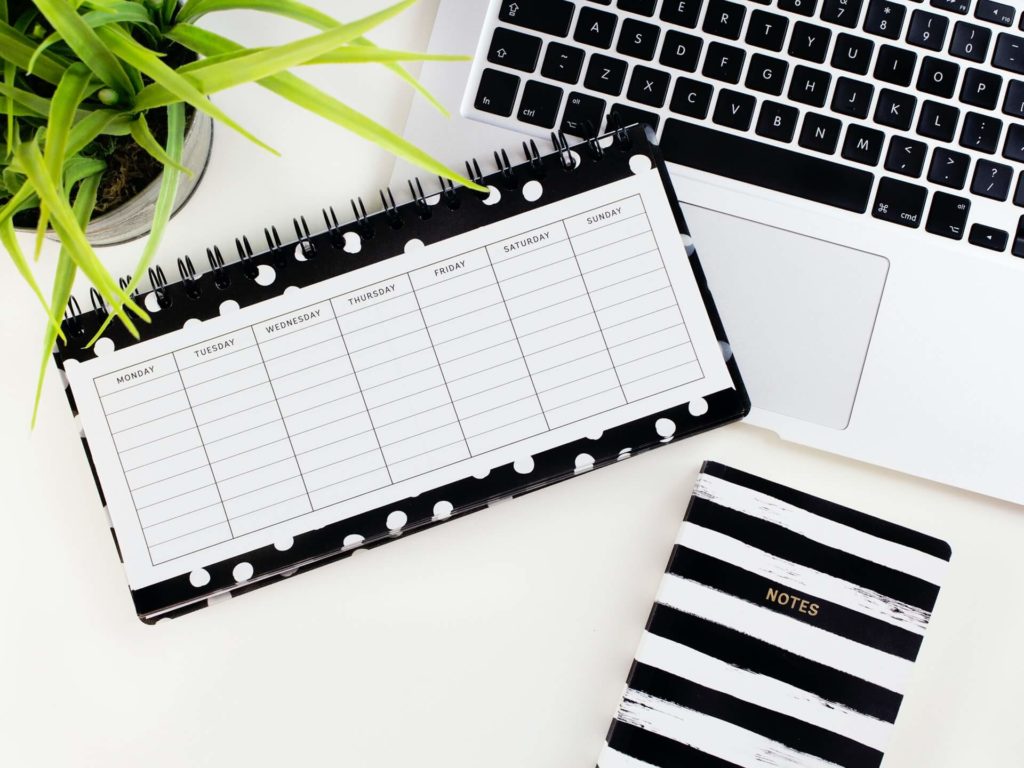Busy busy busy; you might recognize the feeling. You are very busy and it feels like your tasks are not being completed. Distraction lurks around every corner and is your own worst enemy. You would like to be able to focus on different tasks without getting distracted. But what exactly is distracting you? How do you stay focused? In this blog I will explain how you can improve your concentration through a number of tips & tricks.
What is distracting you?
As a first step, it is important to find out what exactly is distracting you. Below are some examples:
-
Daily chores that you want to have done, but that are not work related.
“Ill first clean up before I continue with this report” or “I ll just clean out the dishwasher”.
-
Negative thoughts about yourself that make you lose concentration.
“I can’t do this in this amount of time anyway” from “You see, I’m all over the place again today”.
-
Negative thoughts about your work environment.
“My colleague isn’t going to agree, so it makes no sense to do this now,”.
-
External situations which grab your attention.
A sick relative, a friend asking for help or an argument with your partner.
-
External factors that lead to choices that feel good in the short term, but won’t help in the long term.
For example, a friend who asks you to go for a walk or have lunch. Which sounded like a good idea at the time, but actually leaves you in a difficult situation.
In which of the above examples do you identify with?
Making a change
Once you are aware of what exactly is distracting you, it is time to make a change! How can you make sure that you stay focused?
-
Make your task or goal concrete
Write it down and visualize what it will take to reach this goal. By keeping an eye on the goal, you are less likely to be distracted. A friend who wants to call or go for a walk with you? As nice as it sounds, now is not the time, maybe later.
-
Dedication
Take your goal seriously and make the right decisions regarding your goal. Correct yourself when you are being distracted and remind yourself of the task at hand. Dare to say no to your friends and colleagues; for example to a colleague who asks for extra help.
-
Discipline
Discipline is needed to start tasks, but also to complete them! You can train discipline, a bit like a muscle, by rewarding yourself for completing tasks. For example, give yourself a walk as soon as you have completed a task. Discipline creates a feeling of accomplishment and a clear mind, which in turn, will increase your self-esteem. How are you going to reward yourself when you have accomplished something?
-
Self-confidence
Are you being held back by doubt or indecision because you don’t have trust in your own abilities? Focus your attention on the task. It’s just a job; sometimes they are fun and sometimes not. Get started and when in doubt, ask for help.
-
Be realistic
Poor concentration and too many tasks? These two reinforce each other. When you have taken on too many tasks, your mind is less clear and more ‘noisy’ making it difficult to concentrate and perform your tasks to a good standard. Is your head too ‘full’? It can be helpful to take on less. Be realistic and critical in what is feasible for you: this can always change.
-
Start with the urgent or tedious tasks
As Brian Tracy, author of the book “Eat the Frog” says, do the difficult tasks you dread first (in the morning) and the easy things later. By doing this you avoid procrastination and ultimately the day ends up not being too bad.
Work on yourself
Finally, it is important that you consciously try to work on this. Schedule a day and keep the above tips in mind:
- Limit external distractions
- Make a clear overview of tasks for that day
- Correct yourself when your attention deviates
- Earphones in and binaural beats on (huh, binaural beats?)
- Be realistic: what is feasible for today?
Schedule in the assignment via “plan activity” in NiceDay and tick it off at the end of the day. How did it go? Also check out the article “Train your attention with these tips”.











